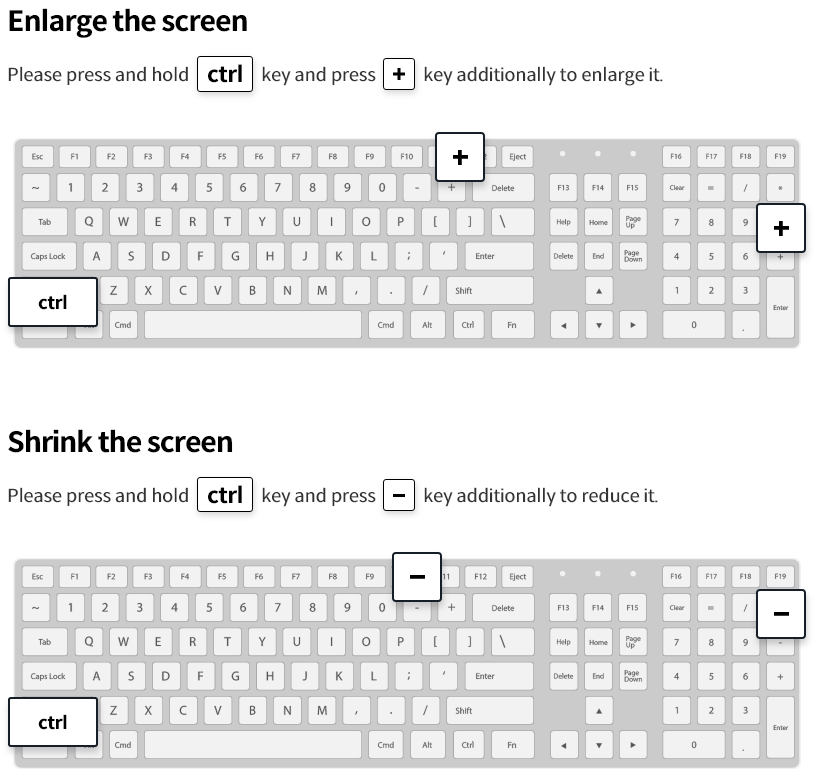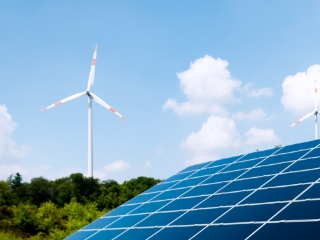The Export-Import Bank of Korea (Korea Eximbank) has taken measures to preemptively assist Korean firms advance into the infrastructure market of developing countries.
Last year, the Korean construction industry posted a growth rate (yearly average) of -6.9% (source: Statistics Korea), the worst performance since the 2008 financial crisis (growth rate of -8.1%).
As the Korean construction industry shows signs of trouble from the prolonged recession, many are looking towards overseas markets.
There is great demand for infrastructure development in developing countries, exceeding KRW 1 quadrillion (Source: World Bank), but companies attempting to expand into such markets are stymied not only by difficulties in securing financing for large-scale infrastructure projects, but also from their lack of influence with government authorities of developing countries.
In response, Korea Eximbank, as a policy bank, set out to identify new projects through direct negotiations with authorities of developing nations.
The Bank will make use of its close relations and networks with government authorities of developing nations, formed over 25 years of EDCF loan support, to actively identify new projects early in the policy-making phases.
Companies lacked sufficient capacity to influence negotiations in the past.
In addition, the Bank will strengthen the linkage between EDCF loans and policy loans, which include export financing and foreign direct investments.
Operating both EDCF funds and policy loans, Korea Eximbank can create synergy by utilizing the strengths of both.
Infrastructure projects, which require large-scale financing, cannot be covered entirely with just the resources of the developing country and grants received.
For this reason, private sector participation is essential for the infrastructure industry. EDCF policy loans will serve as a catalyst for attracting private sector funds and encourage participation by Korean firms in infrastructure projects.
※ For example, in a harbor construction project, profitable portions of the project, such as facility operation, can be financed with policy loans, while supporting infrastructure, such as surrounding roads and docking facilities, are funded with EDCF loans. In doing so, there will be greater possibilities for private sector financing to support other aspects of the project and greater participation of Korean firms.
In this regard, Korea Eximbank decided to form a consultative group comprised of EDCF, export finance, and governments of developing countries to facilitate Social Overhead Capital (SOC) projects. On February 27, the Bank formed the ”Vietnam SOC Model Consultative Group” in Vietnam.
The Vietnam SOC Consultative Group is comprised of the Ministry of Planning and Investment (MPI) as the ODA overseeing ministry of Vietnam, EDCF, and relevant ministries export finance.
For potential projects identified by the consultative group, EDCF will conduct a feasibility study (F/S) on a grant basis to speed up project identification and provide information not readily accessible by private enterprises early on in the project.
Additionally, the Bank plans to strengthen exporting capacities of Korean firms to developing countries by providing comprehensive financial services, including EDCF and policy funds, to finance identified projects.
With the Vietnam SOC Consultative Group as its starting-point, Korean Eximbank plans to expand consultative groups to countries such as Indonesia or the Philippines which have stable economies and foundations facilitating projects financed by the private sector.
※ The Economic Development Cooperation Fund (EDCF) is a policy fund established to promote economic and social development in developing countries and economic cooperation between developing countries and Korea. EDCF committed KRW 8.304 trillion for 275 projects across 49 developing countries as of the end of 2011.


